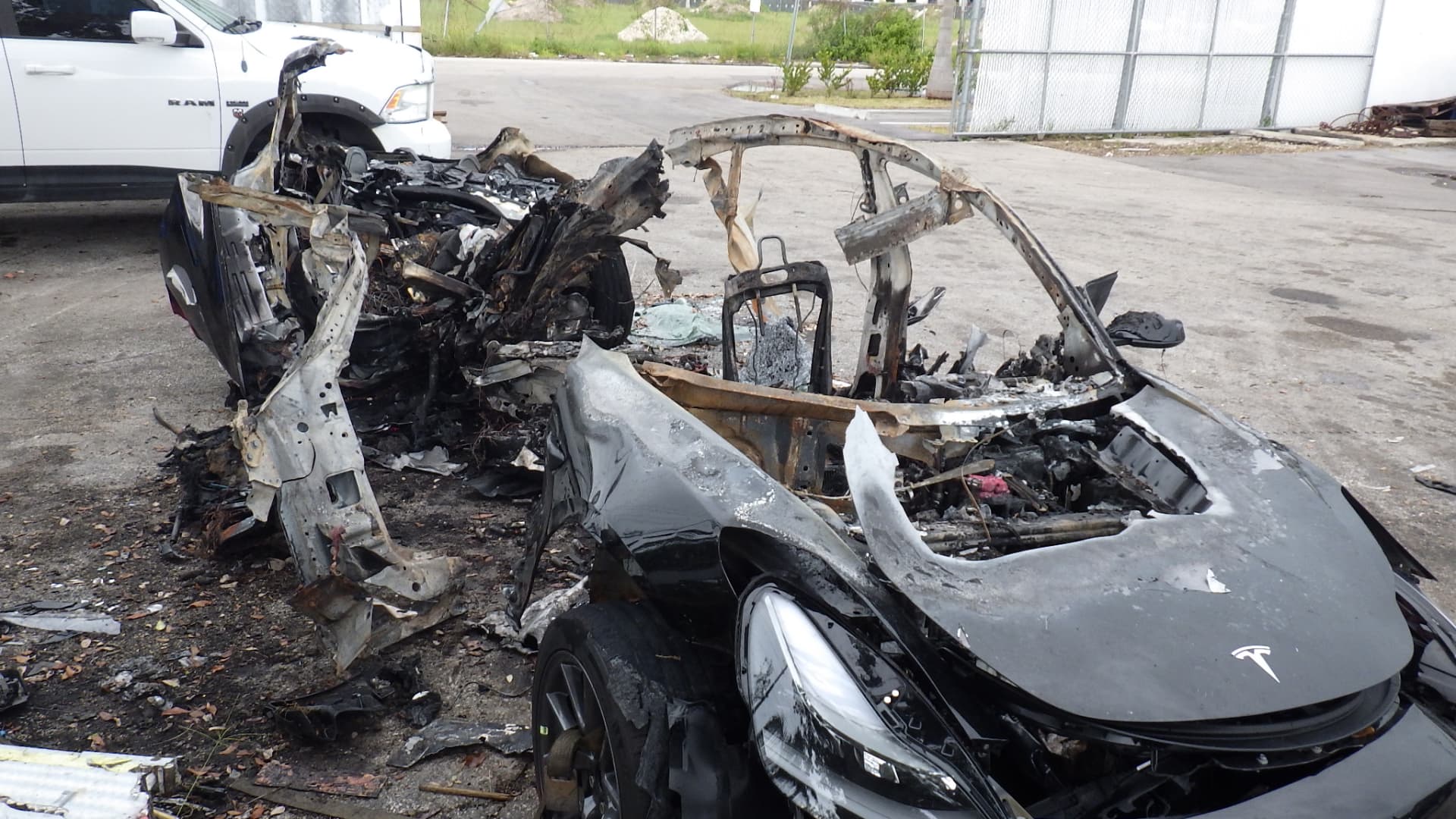I've done lots of research and installed a half dozen systems. It's pretty simple and will clearly happen that way, unless something changes. Here in PA, we're net-metered and my connection fee is like $10. That fee won't cover the utility's fixed costs, and as each customer who installs solar that results in one less customer to cover those costs and the costs for everyone else will need to go up. Similar to electric vehicles, the last people to adopt and convert over will be the ones who are most impacted, as they're typically lower income and the costs not to adopt will continue to rise.
I do think something will change, as we've seen in some states. There will need to be a larger connection fee (maybe $40 a month) to cover the utility's costs to maintain the grid. I just hope that gets worked out and applied fairly, rather than making drastic changes and penalizing those who made large investments in solar systems.
Your profile lists that you are from Somerset PA (consider changing this if this conversation disturbs you). It seems to me that the utility for this company is Penelec/FirstEnergy.
A copy of their tariff information is here:
Pennsylvania Tariffs
A key word I am looking for is "rate schedule", the phrase that my utility uses.
Before getting into the above, there is a $700 fee to apply, so that needs to be considered:
Solar FAQS | Somerset REC. That FAQ says that the member is still responsible for a basic service charge, in our area that is called a "base facilities charge" and is the rate to make sure that I pay my fair share of infrastructure. Why do you have a basic service charge and how do you know it won't cover fixed costs?
P. 122 of the tariff has this: The customer-generator is responsible for the distribution charge, demand charge and other applicable charges under the applicable Rate Schedule.
I bet that the distribution charge helps cover their costs.
P. 63 lists residential rates as the following: GENERAL MONTHLY CHARGES: Distribution Charge $11.25 per month (Customer Charge), plus 6.074 cents per kWh for all kWh
And that still does not get into the following charges they say one must pay:
Bills rendered under this schedule are subject to the following applicable Rider Charges: Rider A – Tax Adjustment Surcharge Rider B – Tax Cuts and Jobs Act Voluntary Surcharge Rider F – Energy Efficiency and Conservation Charge Rider G – Smart Meter Technologies Charge Rider J – Default Service Support Charge Rider N – Solar Photovoltaic Requirements Charge Rider P – Non-Utility Generation Charge Rider R – Distribution System Improvement Charg
Nor does it cover the fee for neighborhood street lights.
Given the above, I do not accept your initial claim of solar making other electric customer bills more expensive.
EDIT, leaving original in, I might have some confusion as to who actually provides electric. There is Penelec/FirstEnergy, and a co-op. I'm not sure if these are related and the links above are from two different sites.

www.cnbc.com



